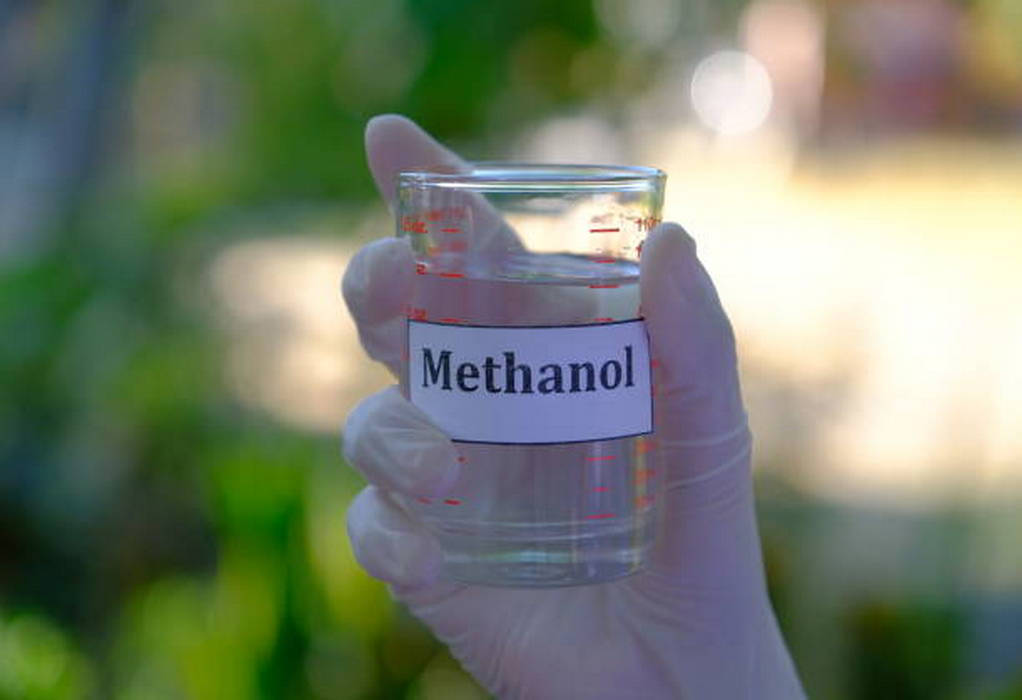The study aims to convert the CO2 generated at AGC‘s Kashima Plant in Japan into methanol.
AGC and Mitsubishi Gas Chemical Company (MGC) will conduct a study on the production of methanol made from CO2 generated from AGC’s architectural glass production.
The goal of the study is to use CCU1 technology to convert the CO2 generated at AGC‘s Kashima Plant in Japan into methanol.
The methanol will then be produced and sold.
The study targets commercialisation by approximately 2030 at the Kashima Plant.
When achieved, it will be the world’s first2 case of producing and selling ‘Circular Carbon Methanol (CCM)’3 that effectively utilises the CO2 generated from glass production.
Methanol has a wide range of applications as an essential chemical, and in recent years, its use for conversion to ethylene and propylene has been expanding.
As such, it is expected that its utilisation will widen the possibility towards carbon neutrality.
In addition to this study, AGC is also considering replacing methane gas used as a raw material in its own chemical business with CCM.
AGC’s Architectural Glass and Chemicals businesses will work together to realise the production and sale of methanol utilising the CO2 generated from glass production.
The AGC Group has set a target of net-zero carbon emissions by 2050.
Tags: AGC, CO2, Glass Production, MGC



Recent Posts
Scandlines Nears Delivery of Zero Emissions Ferry Following Successful Sea Trials
India faces emission roadblocks with rising net-zero demands
Green Energy Resources invests in two electric Liebherr LHM 550
NYK Launches Continuous Use of Bio LNG Fuel on Car Carriers to Advance Decarbonization Goals
Yang Ming Expands Fleet with Methanol and LNG Dual-Fuel Vessels Under Fleet Optimization Plan
ClassNK Advocates Speed Gap Monitoring to Optimize Fuel Efficiency in Heavy Weather
Wärtsilä’s retrofit package for the Corsica Linea ferry Pascal Paoli has resulted in fuel savings of up to 22 percent Corsica Linea
COSCO Shipping Names Second Methanol Dual-Fuel Containership in Yangzhou